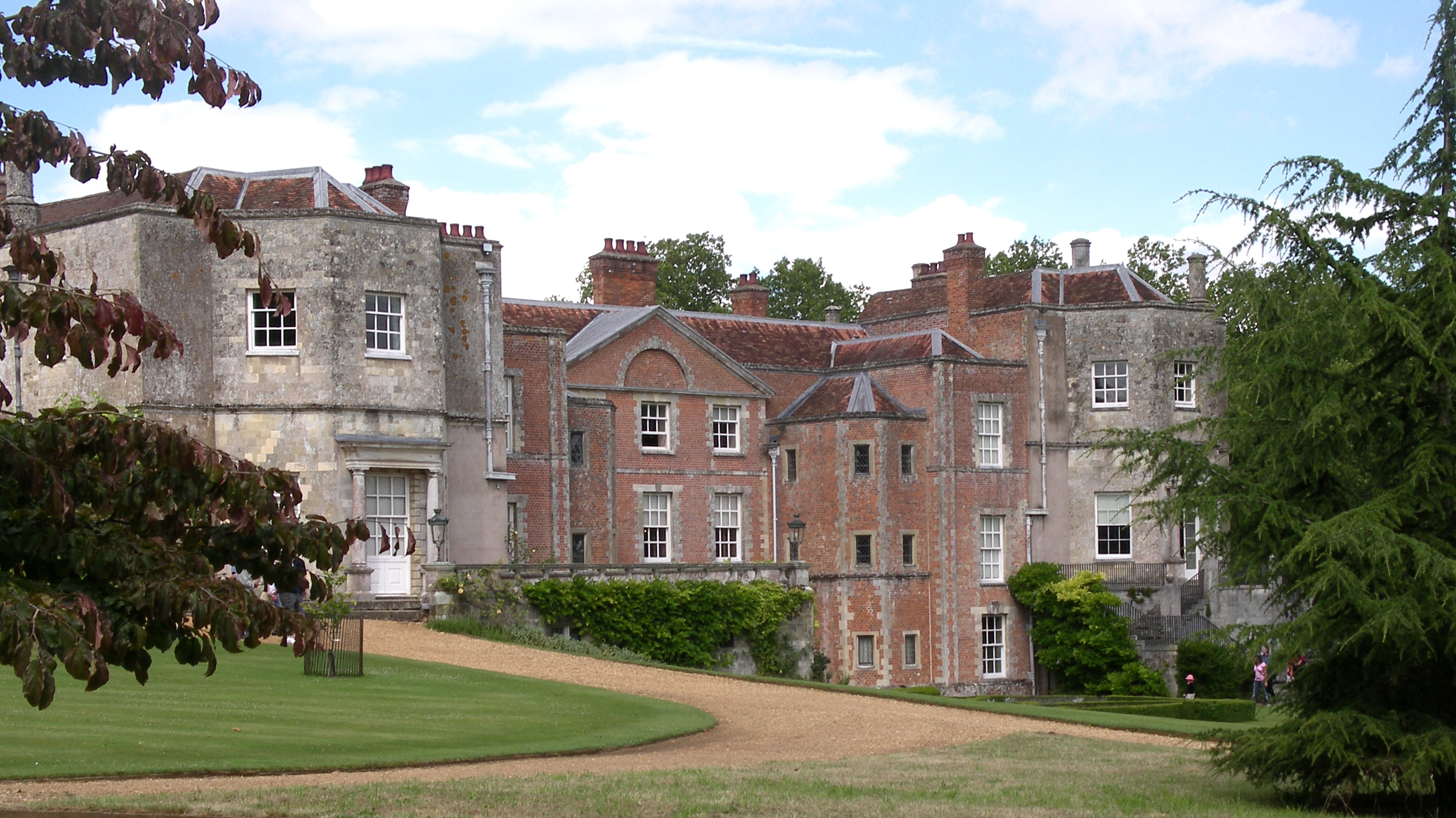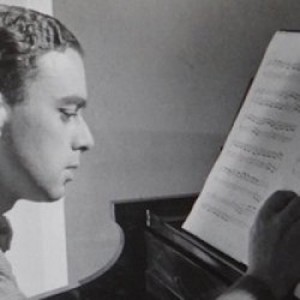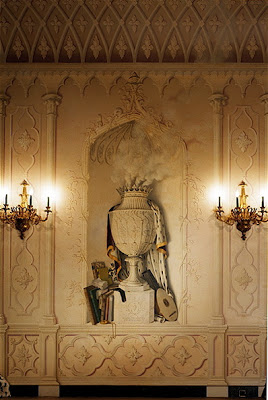Exchanging knowledge with the National Trust
Postgraduate researcher Kate Hawnt has been enjoying the advantages of an enthusiastic, non-academic audience for her work:
 On April 11th I ventured up to the National Trust-owned property, Mottisfont Abbey, to give a talk in their Knowledge Exchange Programme. This is a series of in-depth talks offered to National Trust volunteers and staff to widen their knowledge of the property they work in. For the attendees it’s an opportunity to spend an hour or so learning new things about many aspects of the property they know and love and the people who lived in it, and answer burning questions. For me, it was a brilliant opportunity to talk to an enthusiastic and knowledgeable audience about the man I’ve been researching and throw in lots of juicy facts that are probably useless for my PhD but proved fascinating to the audience.
On April 11th I ventured up to the National Trust-owned property, Mottisfont Abbey, to give a talk in their Knowledge Exchange Programme. This is a series of in-depth talks offered to National Trust volunteers and staff to widen their knowledge of the property they work in. For the attendees it’s an opportunity to spend an hour or so learning new things about many aspects of the property they know and love and the people who lived in it, and answer burning questions. For me, it was a brilliant opportunity to talk to an enthusiastic and knowledgeable audience about the man I’ve been researching and throw in lots of juicy facts that are probably useless for my PhD but proved fascinating to the audience.

For the ‘Making of the Modern Harpsichord’ project I’ve been researching the life and work of Raymond Russell, a previous occupant of Mottisfont Abbey and collector of early keyboard instruments (among other things). It turns out he was quite a colourful character. I’ve unearthed a wealth of information about him that even his surviving family members don’t know about. Running away from school, conscientious objection and important discoveries for the history of medicine in the UK are all part of the life of this man, who just happens to have formed one of the world’s finest collection of keyboard instruments. All by the age of 42! Obviously, for the purposes of my PhD in musicology many of these facts are of only passing interest, so to get the chance to talk for over an hour to interested parties was particularly fun. An added bonus I discovered afterwards was that two members of the Russell family had travelled a long way to hear all about their relative. I’m very glad I wasn’t aware of their presence during the talk and was relieved to discover how much they had learnt and enjoyed it! Of course I also learnt a great deal from them, and it was fascinating to spend time at Mottisfont with people who had treated it as home and knew the indomitable Maud Russell (Raymond’s mother) well. The event proved so popular that I’ll be giving another talk there in May. I even get the chance to present at the Operating Theatre Museum in London in June – a venue I never expected to be invited to talk at but, as I mentioned earlier, research into Raymond Russell offers many surprises . . .


